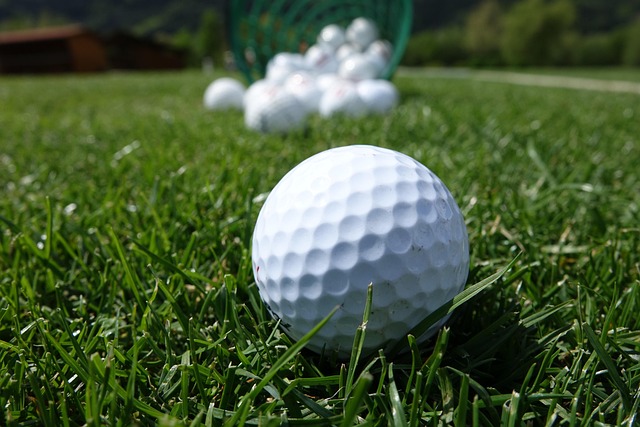Soft vs Firm Golf Balls — Which Should You Actually Use? (Beginner Guide)
Choosing the right golf ball is one of the easiest ways for a beginner golfer to improve their game without changing anything in their swing. But with so many options on the shelves—soft golf balls, firm golf balls, low compression, high compression—it can get confusing fast.
This guide explains the difference between soft vs firm golf balls in simple terms, when you should use each one, and how to pick the right golf ball for your swing speed.
What Actually Makes a Ball “Soft” or “Firm”?
Golf balls are mainly classified by compression, which is how much the ball squashes against the clubface at impact.
- Soft golf balls = low compression
They compress easily, even with slower swing speeds. - Firm golf balls = high compression
They require more swing speed to compress properly.
Beginners usually benefit more from soft golf balls, but there are situations where a firmer ball makes sense.

Benefits of Soft Golf Balls
Soft balls have become extremely popular in the last few years, especially among high-handicap and beginner golfers. Here’s why:
1. More Distance for Slower Swing Speeds
If your driver swing speed is under 95 mph (which is most beginners), a soft, low-compression ball will launch higher and travel further.
It simply matches your swing better.
2. Better Feel Around the Greens
Soft golf balls feel nicer on chips, pitches, and putts.
They provide a quieter, softer impact that gives beginners more confidence on the greens.
3. Straighter Shots
Low-compression balls tend to reduce sidespin, which means:
- fewer slices
- fewer hooks
- more fairways
For many beginners, soft balls can help keep the ball in play.
4. Affordable Options
Soft balls are available at every price point, including very cheap two-piece golf balls that perform well for beginners.
Best for:
- Beginner golfers
- High handicaps
- Players with slower swing speeds
- Anyone who wants more forgiveness and feel
Benefits of Firm Golf Balls
Firm or higher-compression balls are traditionally used by advanced golfers and beginners players that don’t want spin.
1. Better Control for Fast Swing Speeds
Players who swing the driver above 100 mph can compress a firm ball properly.
This leads to:
- a more stable flight
- more predictable spin
- stronger performance in windy conditions
2. More Spin for Skilled Players
Firm golf balls can create more spin on approach shots, letting you stop the ball quickly on the greens.
This is why professionals and low-handicap golfers prefer firmer balls. These types of golf balls have a softer urethane cover which helps generate spin.
3. Higher Durability
Firm balls often last slightly longer and resist scuffs, which is helpful if you play regularly.
Best for:
- Low-handicap golfers
- Fast swing speeds
- Players who want maximum control
- Windy or links-style courses
Soft vs Firm Golf Balls: Which Should You Use?
For most beginners, the answer is simple:
Start With a Soft, Low-Compression Golf Ball
Why? Because it helps with the main things beginners struggle with:
- distance
- keeping the ball straight
- feel on putts and chips
Soft golf balls also forgive mishits and feel better on off-centre strikes.
When a Firm Ball Might Make Sense
You might consider a firmer golf ball if:
- you naturally swing fast
- you’re already striking the ball consistently
- you’re trying to shape shots or control spin
But for 90% of new golfers, soft wins.
Examples of Soft vs Firm Balls
Soft (Beginner-Friendly):
- Callaway Supersoft
- Srixon Soft Feel
- Bridgestone e6
- Titleist TruFeel
Firm (Advanced):
- Titleist Pro V1 / Pro V1x
- Callaway Chrome Tour
- TaylorMade TP5
Final Recommendation
If you’re just starting out or still learning the basics, choosing a soft golf ball is the easiest way to improve your performance without spending big money.
- Soft = distance + forgiveness + feel
- Firm = control + spin + consistency (for fast swings)
Pick a ball that matches your swing, stick with it, and your golf game will naturally become more consistent over time.
